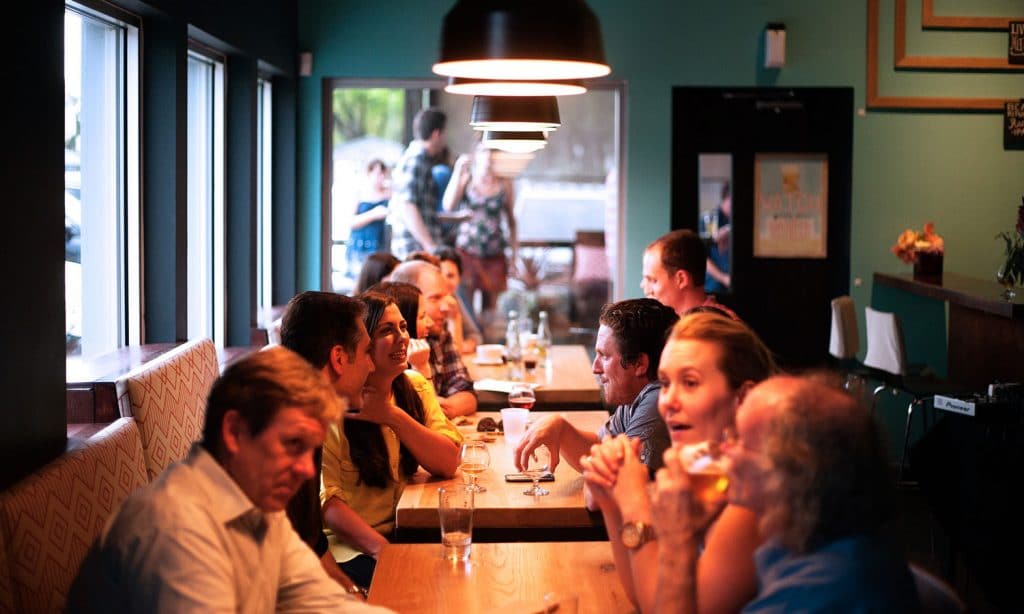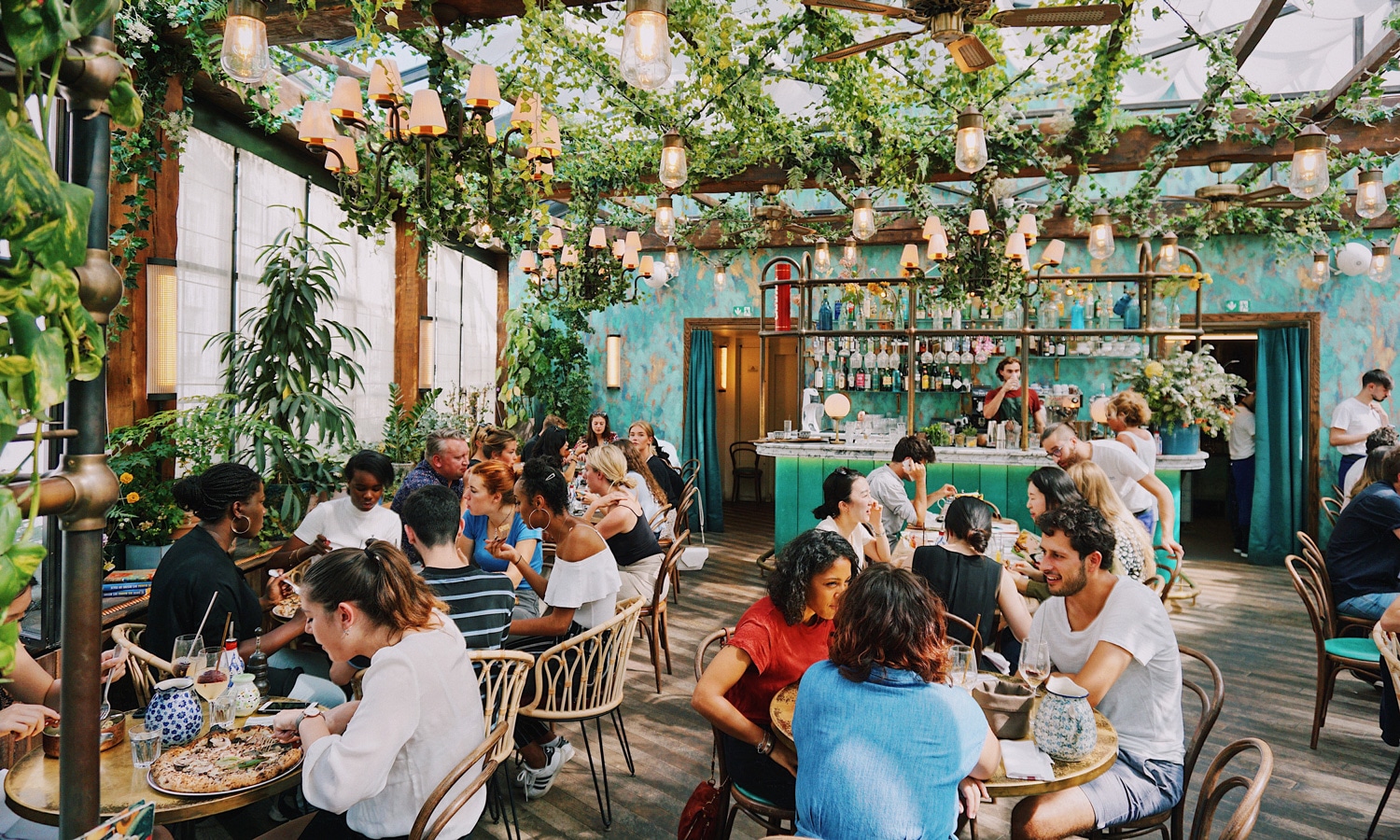A super spreader event can be a small gathering, but that doesn’t mean it’s not dangerous. Here’s what you should know.
The term “super spreader” is pretty self-explanatory. It refers to instances where there’s a high likelihood of spreading bacteria or viruses. In regards to the coronavirus pandemic, it means an event or a person who transmits COVID-19 to large numbers of people.
Normally, one person infected with COVID-19 can transmit the virus to members of their household and a few others they come in close contact with. But during a super spreader event, they could transmit the virus to 10 or more people.
The Huffington Post spoke with Quentin Leclerc, a researcher in mathematical modeling of infectious disease. He said that by focusing on the events themselves and not the person responsible for the spread, people can shift their focus and prevent these instances from occurring.
RELATED: These Types Of People Are More Likely To Spread The Coronavirus
“A lot of people ask: what are the most high-risk settings or how do we rank them?” said Leclerc, “but it doesn’t make a lot of sense to talk about it this way. What’s interesting is to say this is where we see super-spreading events, these are the characteristics of the settings, [so] these are the factors that facilitate super-spreading events, not the settings.”

Laclerc explained that the coronavirus thrives in indoor spaces where it’s cold, ventilation is poor, and people can’t really practice social distancing. Choirs, where people sing and stand closely together, nursing homes, which contain people with weakened immune systems, and prisons, which pack people in closed spaces with poor sanitary measures, are some of the most common super spreaders.
RELATED: 5 Polite Ways To Tell Someone You Need Alone Time
Weddings can also be super spreader events, like the one in Maine that’s linked to 134 coronavirus cases and one death, even though it was only attended by 62 people. The takeaway? Just because an event is small, doesn’t mean it’s safe. Make sure to always wear your mask, avoid gatherings where social distancing is not possible, and if you think you’ve come into contact with an infected person, self-quarantine for 14 days.


